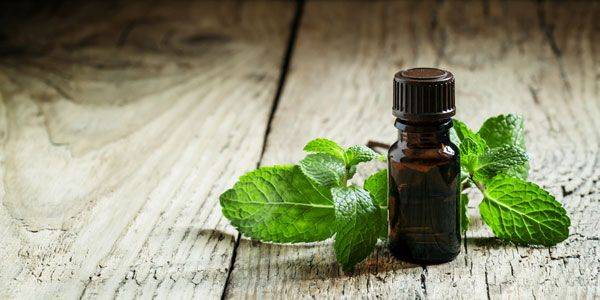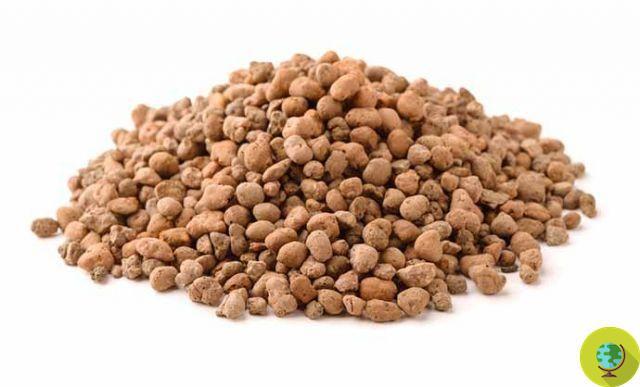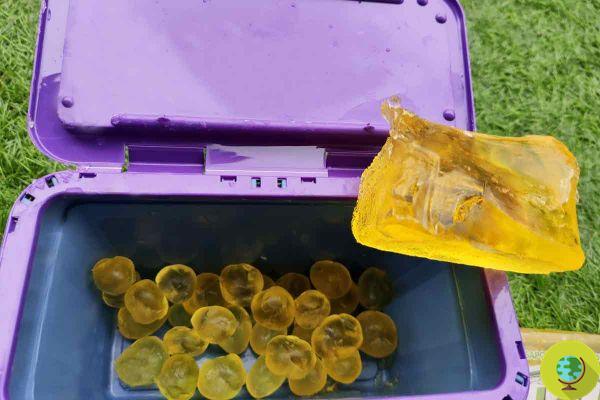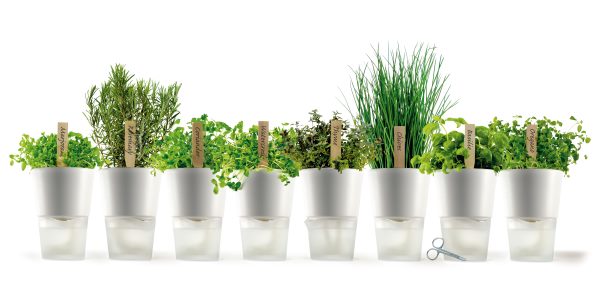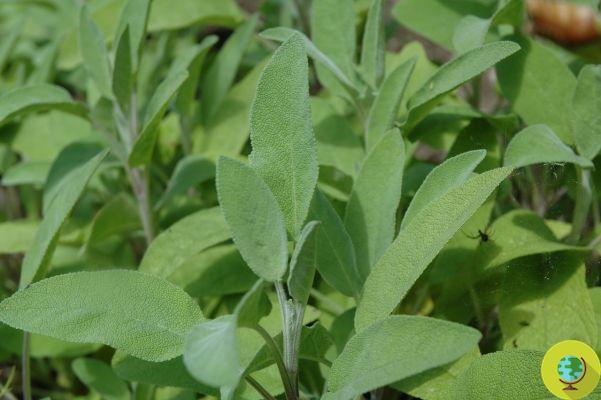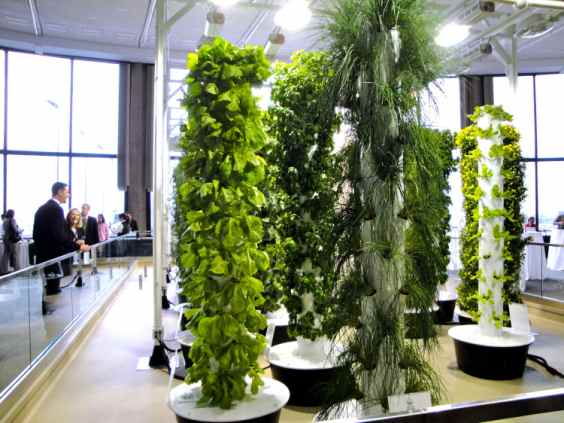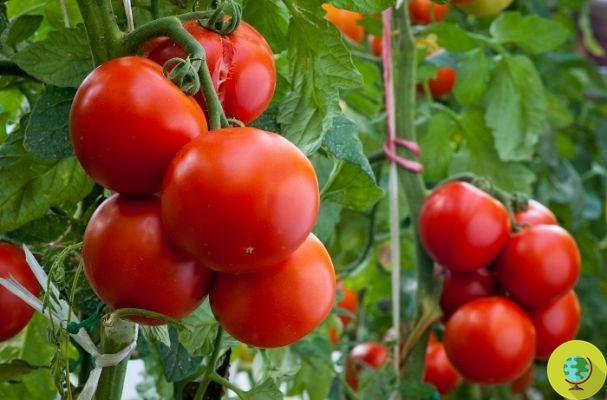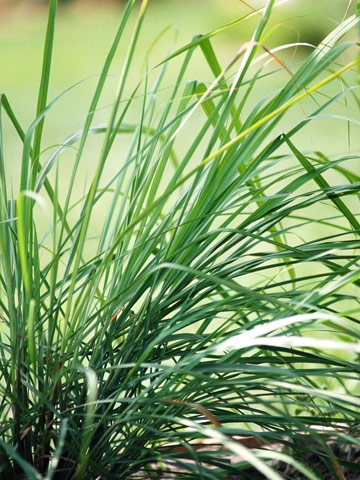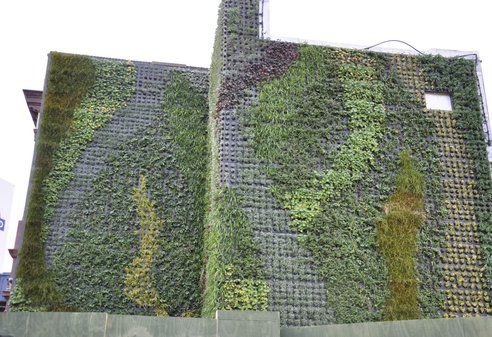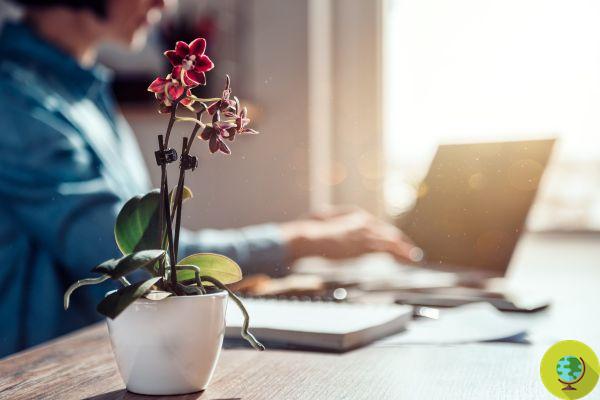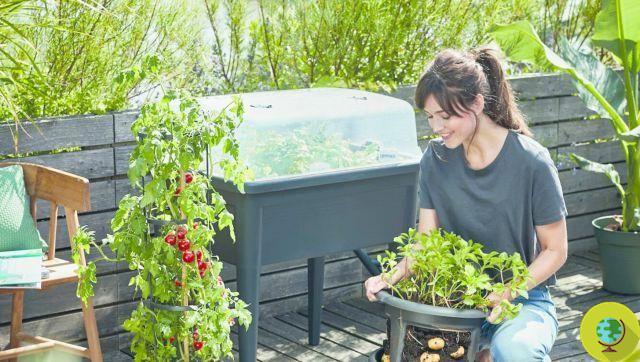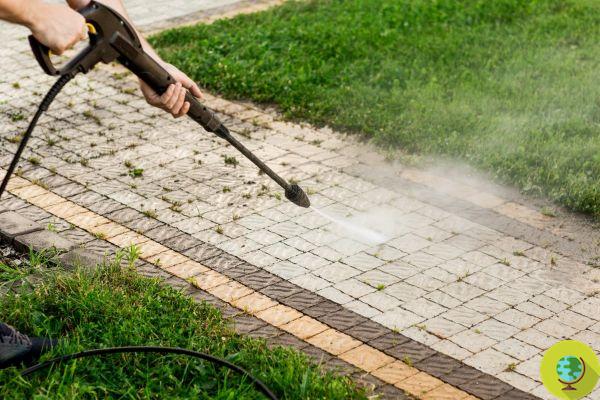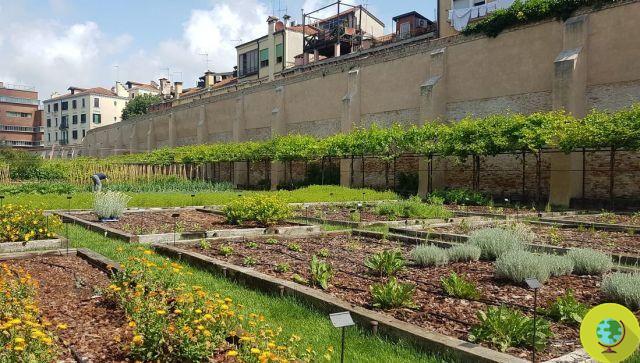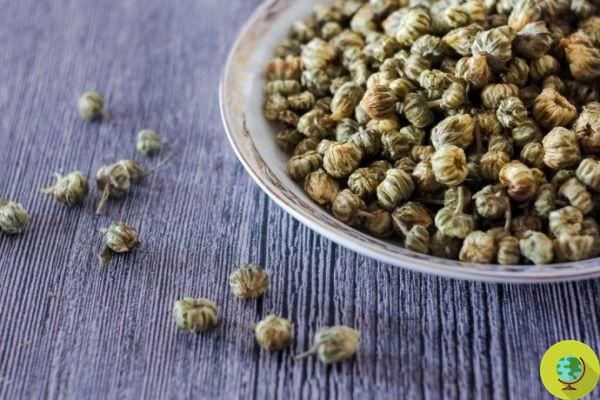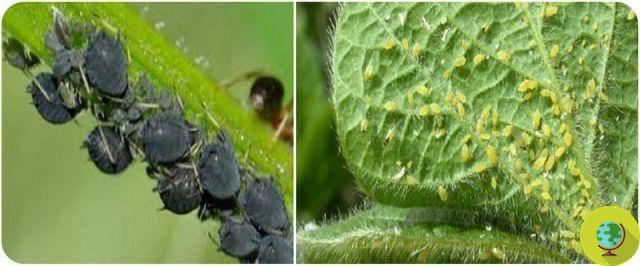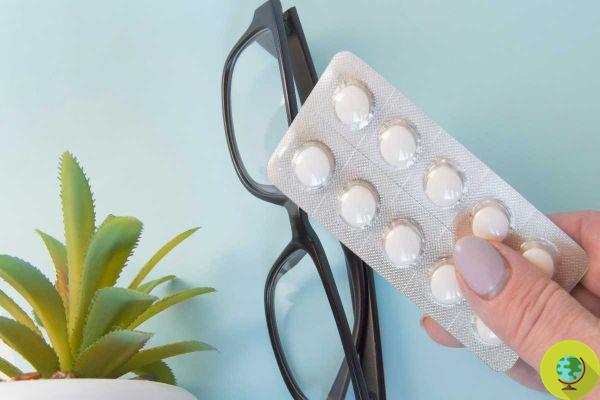
This study suggests banning plastic items from your garden so as not to contaminate the soil with microplastics
This study suggests banning plastic items from your garden (such as sheets or other tools commonly used for gardening) in order not to contaminate the soil with microplastics.
That of the dispersion of plastic waste into the environment becomes an increasingly pressing problem for the protection of the environment and more and more people around the world are luckily modifying their lifestyle to reduce the consumption of single-use plastic and recycle as much as possible the plastic containers of the products they use daily - even in your own garden.
A new Australian study, which observed microplastic contamination in soil samples from private gardens, suggests that plastic sheets used in gardening produce plastic particles that end up in the ground and remain there for more than seven years. Plastic is everywhere, according to the researchers, and it stays forever.
Plastic is everywhere and sooner or later there will be microplastics resulting from the objects we leave to decompose in the mulch, such as plastic sheeting or cellophane - he explains Cheng Fang, author of the study. - Microplastics are an environmental contaminant that should not be underestimated: in fact, even seven years after the natural decomposition of plastic objects, they are still present in the garden soil.
Microplastic contamination can be reduced with a few simple measures that we can adopt in our gardens. It is not enough to recycle plastic products or dispose of them correctly - the ideal would be to avoid the use of the material altogether to avert the future risk of microplastic contamination: the accumulation of plastic waste is increasing in terrestrial and marine ecosystems, releasing micro- and nanoplastics in the environment (in the study, researchers found plastic fragments ranging in size from 0,5mm to 5mm, analyzing for the first time such small scales of plastic fragments in the environment).
The study provides a clear idea of the potential exposure to microplastics even in a domestic setting, such as a private garden - which is why it is so important to prevent plastic from entering the environment.
Follow us on Telegram | Instagram | Facebook | TikTok | Youtube
Fonte: Frontiers in Enviromental Science
We also recommend:
- Microplastics are now present in 90% of Ireland's protected marine environments. I study
- Plastic fish: Microplastics are found in 83% of Bangladeshi fish
- Microplastics: Long-term ingestion damages the growth and reproduction of fish




